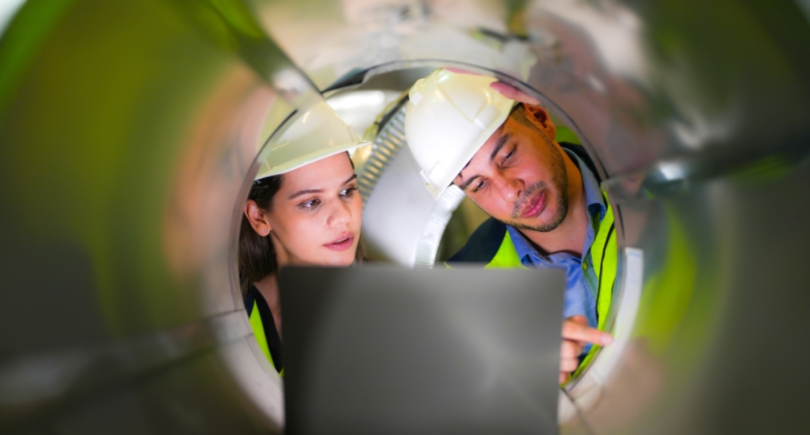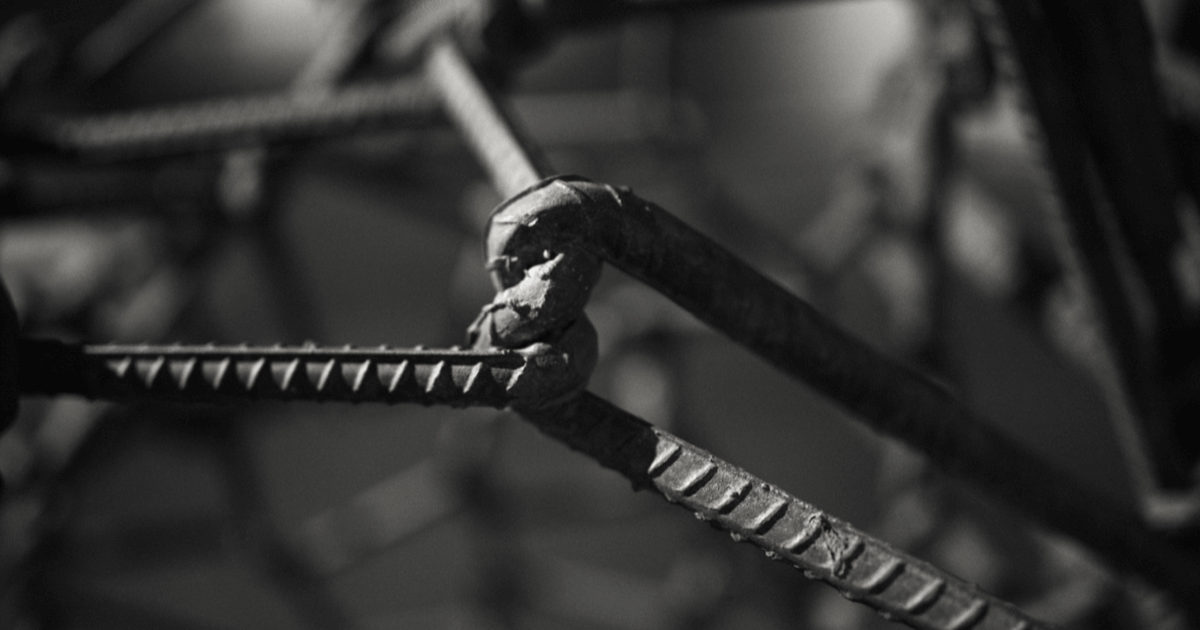
News Industry Salzgitter 3453 05 April 2024
Germany, in particular, does not yet have a regulatory framework for the development of hydrogen infrastructure
The steel industry is interested in achieving a green transformation, but politicians are putting up obstacles on the way, writes Salzgitter CEO Gunnar Gröbler in an article for the German Focus.
Back in 2015, Salzgitter Group and its partners set out to radically reduce the 8 million tons of CO2 generated annually by steel production (approximately 1% of Germany’s total carbon emissions from the steel industry). Blast furnace production is gradually being replaced by new technologies such as direct reduction of iron.
The CEO of Salzgitter believes that an increase in the share of scrap is another lever for establishing even more sustainable steel production processes in the future. About a third of German steel, he notes, already consists of recycled scrap. The company wants to increase this share through consistent recycling management.
Gunnar Gröbler sees the green transformation as an opportunity for the German and European steel industry to become independent of geopolitical shocks, supply chains, and imports of steel, some of which is of poor quality. This could be a catalyst for greater economic independence in Europe.
However, there are still many decisions to be made, including political ones, especially in Germany.
«One of these courses, among other things, is the rapid expansion of the long-planned network of hydrogen bases, which aims to provide many industrial facilities with environmentally friendly, CO2-free hydrogen. According to the current state of planning, this will require laying about 3,000 kilometers of new pipelines and converting 6,000 kilometers of existing gas pipelines to hydrogen,» Groebler writes.
Salzgitter, like many other future large hydrogen consumers, is committed to a carbon-free industry and is investing billions in its transformation, but there is still no political agreement or regulatory framework for the development of much-needed hydrogen infrastructure. Permitting procedures need to be urgently accelerated and simplified, Salzgitter CEO said.
Gröbler also reminded that the steel industry is the backbone of the German economy, with about 80 thousand people in the country employed directly in the steel industry.
He emphasizes that they are committed to maintaining jobs at the Salzgitter plant and continuing to produce high-quality green steel for Germany, Europe and the world. Every year, Salzgitter signs contracts with regional companies totaling about €700 million. Large companies do the same in other industrial regions.
«It is not known what will happen to these small and medium-sized companies if the big players leave the region. However, a look at the Rust Belt in the United States shows that the migration of large industry often triggers a downward spiral,» he said.
Salzgitter AG is doing everything possible to continue producing Made in Germany steel, and the German industry can become stronger thanks to the transition to climate neutrality.
Germany is facing the problem of creeping deindustrialization, according to Gunnar Gröbler. In addition, the budget crisis is damaging the country’s reputation as a reliable partner for industry.



